Our Research
Szűrő

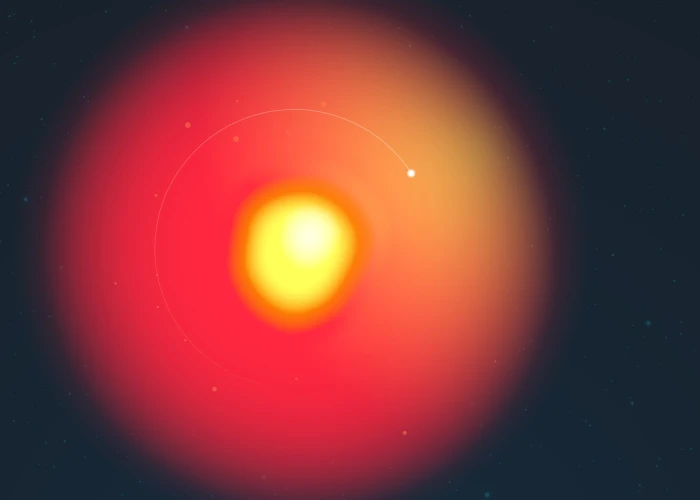
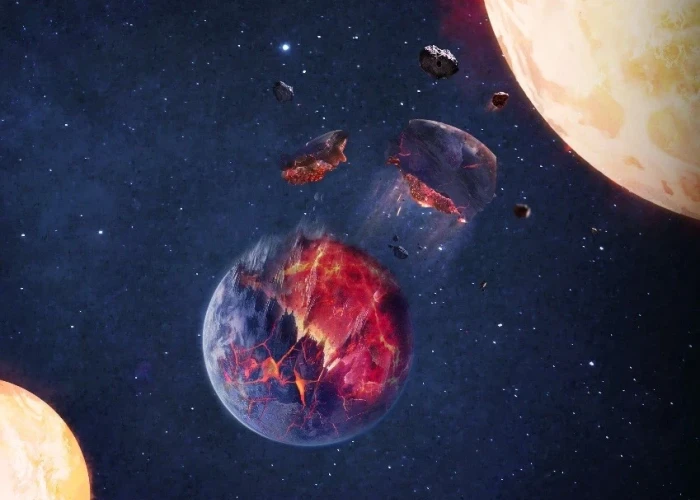
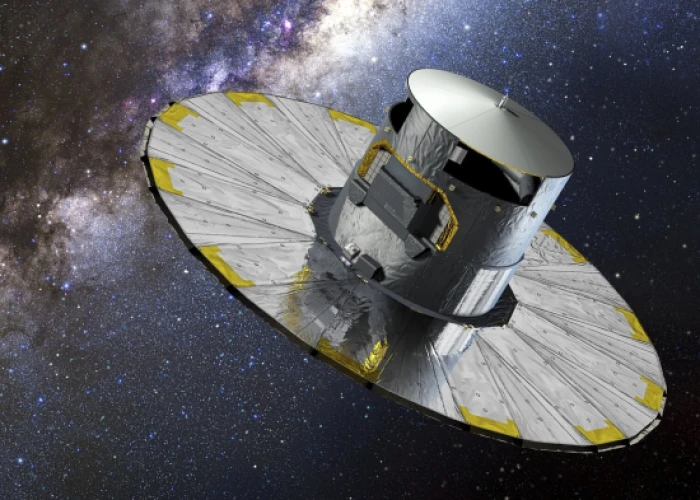
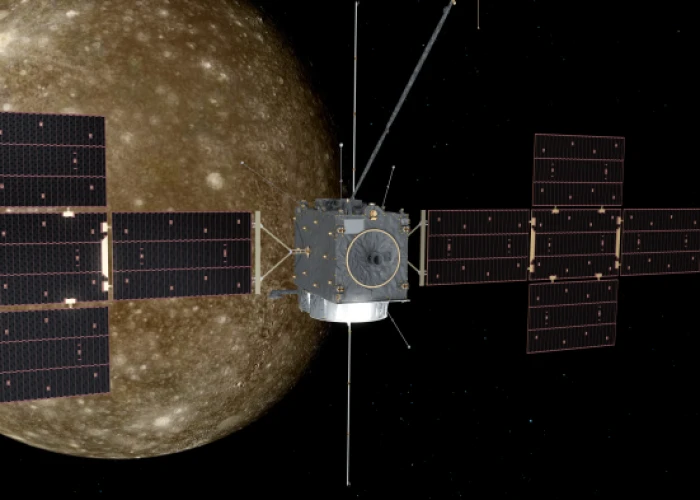
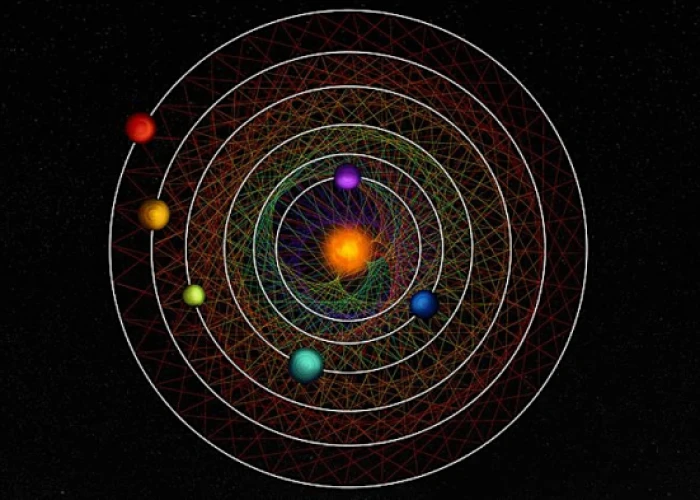
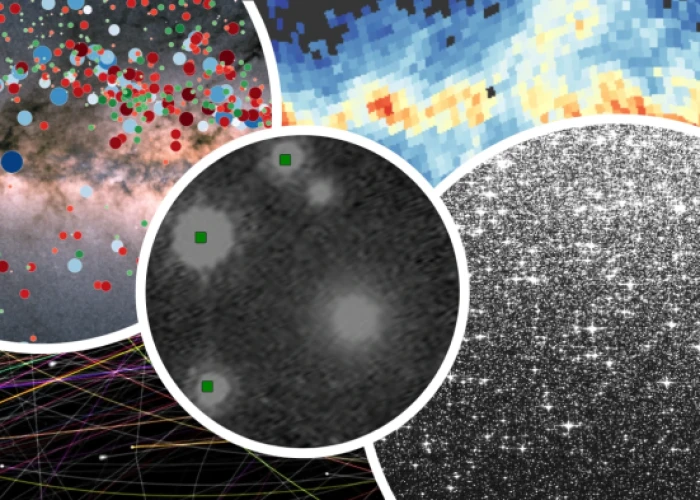

GEOASTRONOMY: Bridging Earth and the Cosmos to Understand Rocky Exoplanets
2024. november 05.
A total of €571 million in funding has been awarded to fifty-seven research groups to tackle some of the most complex scientific problems, spanning a wide range of disciplines.
More

Betelgeuse and Betelbuddy? Red supergiant in Orion likely has a stellar companion
2024. october 21.
New results from HUN-REN CSFK researchers and their US colleagues suggest that the six-year light variations of Betelgeuse may be caused by a previously unknown companion star.
More

Twin stars reveal planet-eating habits
2024. march 20.
At least one in a dozen stars show evidence of planetary ingestion according to a paper published in Nature today, and co-authored by Konkoly researcher Dr. Meridith Joyce.
More

Hungarian astronomers are the most successful in Europe, ESA analysis reveals
2024. february 28.
The European Space Agency has presented an analysis of more than 68,000 articles on astronomy, planetary science and heliophysics, which shows that Hungarian astronomers have the best conversion rate of all ESA members relative to financial contributions.
More

CSFK participation in preparing for the ultra-precise positional measurements of the European JUICE spacecraft en route to Jupiter
2023. december 19.
A radio transmitter on a space probe can do more than just communicate and send data home. With the right expertise, it also provides radio astronomers with an excellent opportunity to carry out original scientific measurements.
More

Detective work with Cheops: exploring a unique exoplanetary system
2023. december 05.
No fewer than six planets are orbiting the star HD110067 in perfect harmony. Multiple Hungarian researchers contributed to the discovery.
More

New Gaia release reveals rare lenses, half a million more stars, and unforeseen science
2023. october 18.
ESA's Gaia mission released a goldmine of knowledge about our galaxy and beyond. Four hundred scientists worked on the mission’s latest ‘focused product release’ (FPR), with the active involvement of eight researchers from the Observatory.
More
News breakdown
- Science
- Archive
- Public Outreach
- Research News
- Organisational News
- Proposal
- Event
- Conferences and events
- Celestial Event
- Press Release
- All news